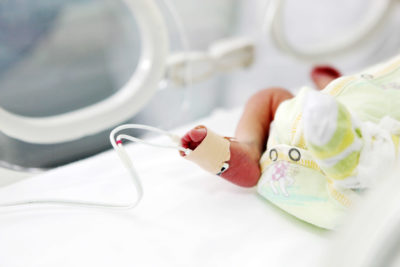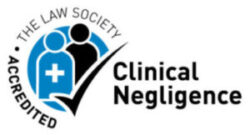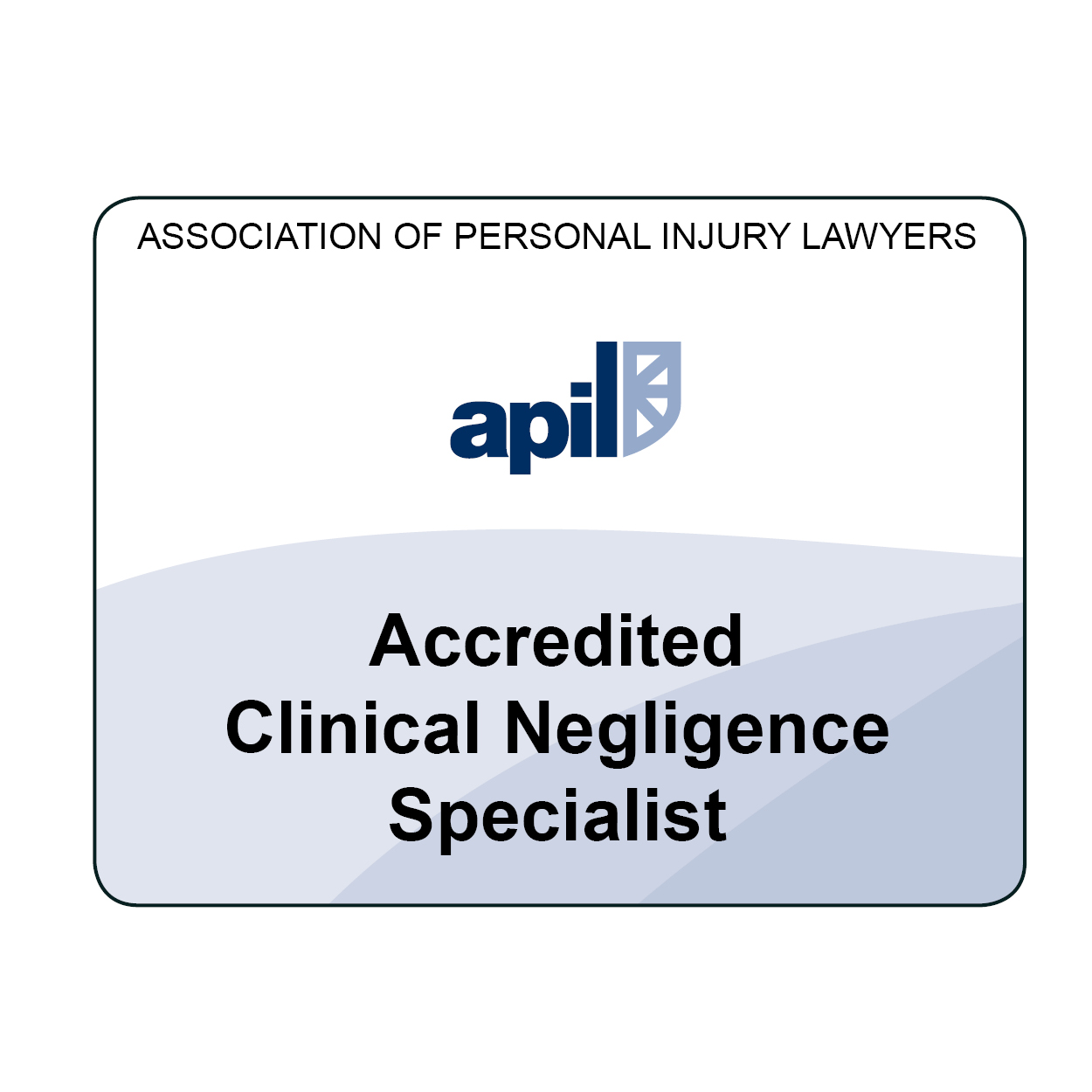Blackwater Law successfully represented the family of baby Blake in making a midwife negligence claim after the community midwife failed to notice a severe medical abnormality.

As a patient, you have the right to be informed about your options, to have your questions answered, and to make informed decisions about your healthcare
The number of women requesting C-sections has been steadily increasing in recent years. This can be attributed to various factors, including increased awareness of the procedure, personal preferences, and a desire to avoid the potential complications associated with vaginal birth.
The NHS’s stance on C-sections
While the NHS generally prioritises vaginal births, it recognises that there are circumstances where a C-section may be the safest option. The National Institute for Health and Care Excellence (NICE) guidelines outline the conditions under which a C-section may be considered.
Medical reasons to consider a C-section
- Maternal health: Conditions like pre eclampsia, gestational diabetes, or heart disease can increase the risks associated with vaginal birth.
- Foetal health: If the baby is in a breech position, has a birth defect, or is experiencing distress, a C-section may be necessary.
- Previous C-section: Women who have had a previous C-section are generally advised to have subsequent births by C-section due to the risk of uterine rupture.

Personal reasons to consider a C-section
- Fear of childbirth: Some women may have a deep-seated fear of vaginal birth due to personal experiences, cultural beliefs, or other factors.
- Previous traumatic birth: Women who have experienced a traumatic birth in the past may prefer a C-section for subsequent pregnancies.
- The decision-making process: The decision to have a C-section is a complex one that should be made in consultation with your healthcare provider. They will assess your individual circumstances and discuss the potential risks and benefits of both vaginal and C-section births.
Factors to consider when contemplating a C-section
- Risks of C-sections: While C-sections are generally safe, they do carry some risks, such as infection, bleeding, and complications related to anaesthesia.
- Risks of vaginal birth: Vaginal birth also carries risks, such as tearing, haemorrhaging, and pelvic floor dysfunction.
- Your personal preferences and values: Ultimately, the decision of whether to have a C-section should be based on your own personal preferences and values.
Related Articles
Your rights as a patient
As a patient, you have the right to be informed about your options, to have your questions answered, and to make informed decisions about your healthcare. If you are considering a C-section, it is important to:
- Discuss your concerns openly: Talk to your healthcare provider about your reasons for wanting a C-section.
- Seek second opinions: If you are unsure about your healthcare provider’s recommendations, consider seeking a second opinion from another specialist.
- Be prepared to advocate for yourself: If you feel that your rights are not being respected, do not hesitate to speak up.
Remember…
While the decision to have a C-section is ultimately yours, it is important to weigh the potential risks and benefits carefully. By understanding your options and advocating for yourself, you can make an informed decision that is right for you and your baby.
If you’ve already had a C-section and feel you were not adequately advised or warned about the risks, or if the care you received was not of the standard you expected, you may be entitled to make a C-section claim. Blackwater Law’s birth injury solicitors can provide free initial advice and support, assessing the merits of your case and helping you make an informed decision about whether to proceed.






